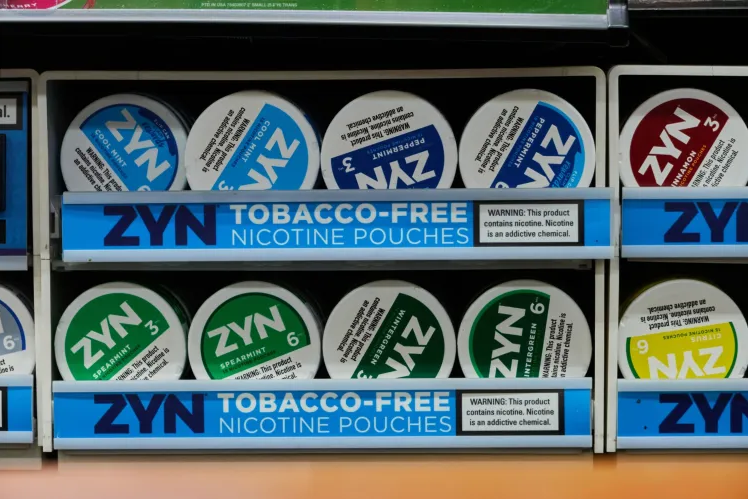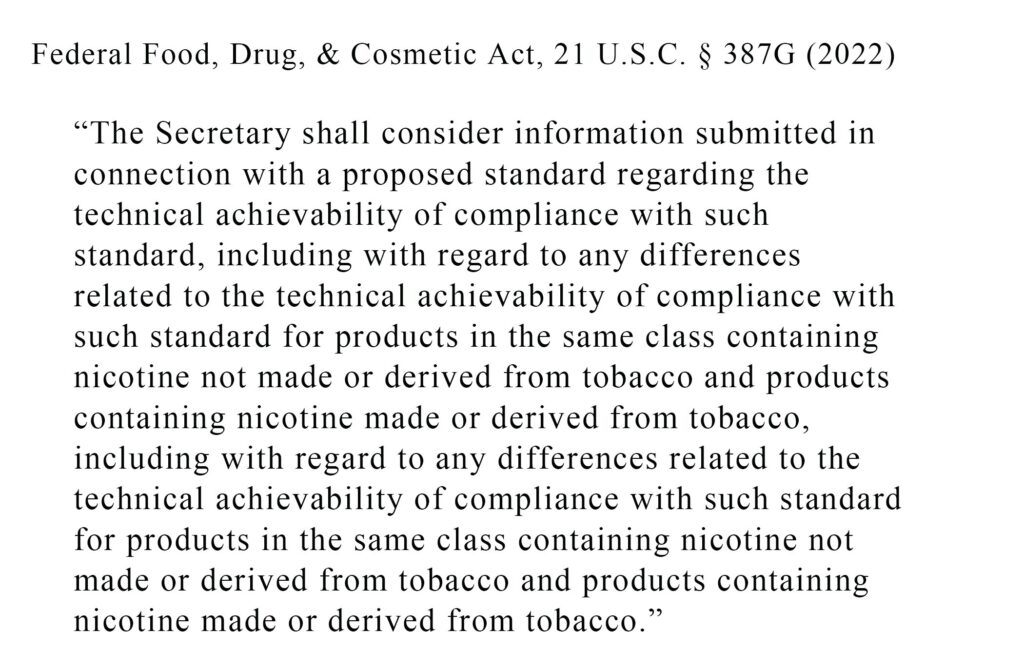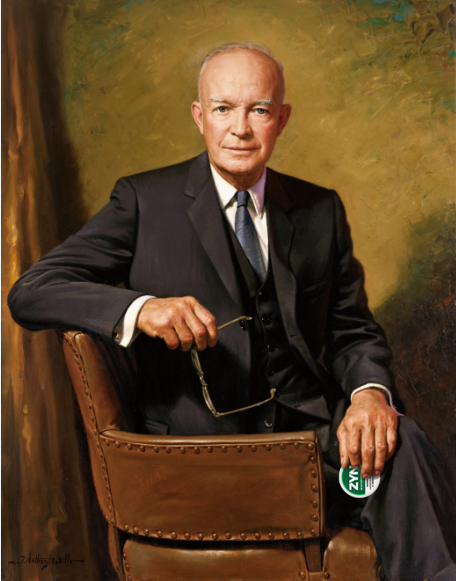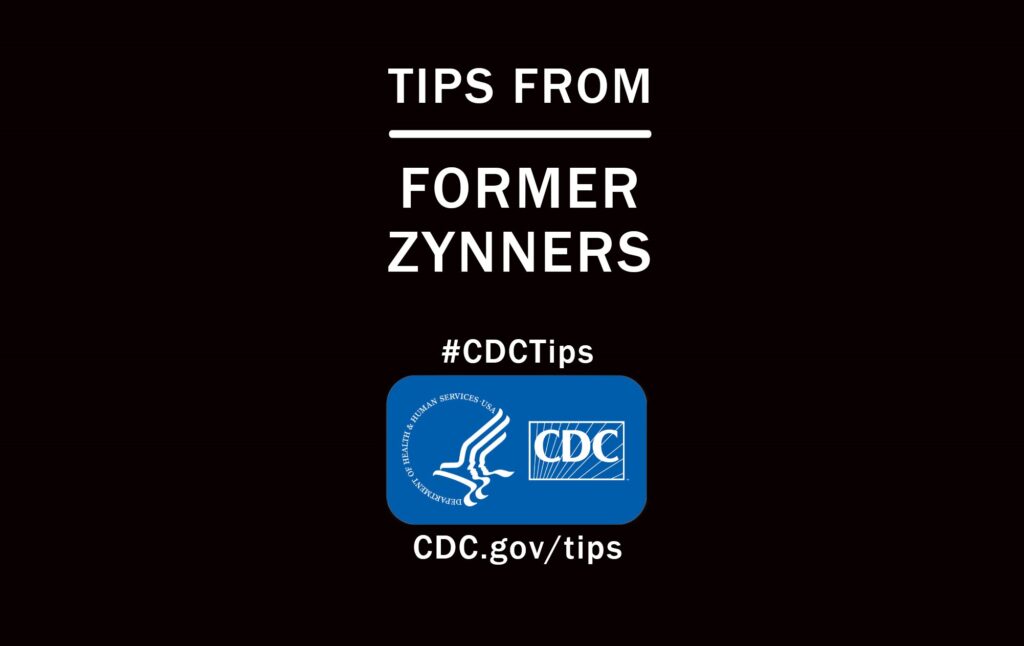Rarely has there ever been a period of time when tobacco and nicotine use were not brought to the forefront of American discourse. Think of old Surgeon General warnings and those cool, yet defunct, Marlboro ads. Remember those commercials where former smokers with throat cancer spoke and scared the shit out of you for thirty seconds? Yeah, nightmare fuel. Now, the focus has evolved, and what’s being brought into question traverses more than the potential health effects of nicotine use, hoping to uncover the obsessions of our culture dominated by influence.
When this discussion—specifically involving nicotine pouches on this occasion—reaches mainstream media, one doesn’t have to travel far to see thousands of dutiful soldiers preparing to defend their addiction as if a world devoid of nicotine could ever become a reality. As much as the rising resistance against synthetic nicotine’s influence on our culture is a farce, so is the rhetoric of those who dismiss the metaphorical control such a product holds on them.
In this instance, we’re talking about Zyn, the most prolific brand of nicotine pouches. Sen. Chuck Schumer sparked the conversation surrounding Zyn in mainstream news outlets when he called for the FDA to look into Zyn regarding the brand’s marketing and potential health effects. In return, the Zynsurrection began. Proponents of Zyn took to their keyboards to push back against Schumer’s wishes, raising their invisible pitchforks and vowing justice for any potential federal crackdown that may come to their favorite nicotine pouches. Although Schumer’s wishes and the opposing cries from Zynners flooded timelines, the questions being proposed quickly fell through the cracks. It became less of an examination of problems involving the viral marketing social media influencers may unknowingly be promoting in regards to nicotine pouches, along with the health risks that stem from potential underage nicotine use, and instead morphed into the beginner-level battlegrounds of a misguided political argument in the age of social media.

To summarize: the debate about Zyn began as a call for further insight into the product’s cultural influence and health effects before dwindling into the plethora of paranoia involving government control and interference. As Zyn popularity and use continues to grow on social media, so does the conceptualization of a need to fight back against potential federal restrictions that have not yet been agreed upon. It’s a delusion of grandeur. Fear from a potential lack of understanding. A thirst to feel some semblance of hardship for those who may not see both sides of the joke, one which boils down to a governmental fixation on matters that are anything but pressing.
Haven’t we done this before? Is society incapable of learning from our tobacco and nicotine-driven past to attempt to stop the newest Zynfluence on another generation?
If the Zynsurrection is indeed upon us, then we have little to fear other than the continued growth of social media personalities promoting the agendas of their own subculture to an audience that isn’t Zyn’s intended clientele. And how could any government entity solve the issue of the individual, especially one that is a freedom of voice and choice, one that feels oddly repetitive when it comes to the topic of nicotine and its never-ending evolution. It’s the Zyns of our fathers; Zynners seeking absolution from issues they did not want but feel the call to defend once again.

For those who do not know, Zyns are thin white rectangular nicotine pouches ranging in strengths of 3mg and 6mg. They are prominent in today’s world and culture, a derivative of smokeless tobacco like snuff, snus, and chewing tobacco, products that once clung to the inside of many Americans lips. However, Zyn contains no tobacco. It does contain synthetic nicotine, a derivative of the naturally-occurring nicotine that is found in the tobacco leaf, but without the carcinogenic tobacco. Their relation could thus be compared to the distant cousin in a family, a cousin that visually sees the faults they share in their close-knit genealogy but actively strives to separate themselves from. The cousin you gravitate towards when you are forced to see the entirety of your family.
While Zyn is considered a healthier alternative than smokeless tobacco products, nicotine pouches in their totality are classified as an NTN (Non-Tobacco Nicotine), meaning there are general regulations on these products that were amended to the Federal Food, Drug, & Cosmetic Act in April of 2022. Which, to summarize, in the best way someone with sparse knowledge of government jargon can from Title 21, Chapter 9, Subchapter IX of the United States Code, means:

Read any written form of government law and legislature and feel how quickly your brain can twist and knot together, as if the goal is to confuse the average American into giving up on finding the basic information they were searching for. These regulations are raising concern over the safety of NTN products, and those who are in favor of more nicotine regulations see the fight against addictive nicotine’s potentially adverse health effects as only half of the battle.
Adults are completely free to make choices for themselves and the warning label on a can of Zyn touting nicotine as an addictive chemical is obvious. You can’t place more of a deterrent on a product than by having it plastered across an entire half of the can. Until more research is conducted on Zyn and other nicotine pouch brands, what more of this dialogue can be discussed other than the hypothetical: they might be bad for you.
The argument thus returns back to the marketing of nicotine pouches. And how could one possibly curtail the marketing of a product that those over the age of 21 have the freedom to use, by pushing back against the pseudo-influencers and cultural clout associated with Zyn? Not since the fall of Juul has social media seen a plethora of joking threats to stand their ground when it comes to their nicotine pouches, citing fictionalized founding fathers and former presidents as long lines of lineage that nicotine pouches may have stemmed from. But, maybe these jokes were threaded with traces of truth, a stark reality that resembles the fate flavored Juul pods met and further exemplifies the latest evolution in nicotine-focused legislation. Laughing until we feel no trace of fear.

This dialogue involving further regulations of nicotine pouches doesn’t seem to be taken seriously by anyone but those actively seeking stricter regulations. And isn’t this because the subculture surrounding NTN products, namely Zyn, created by those online personalities, aren’t serious either. We find ways to cope with issues and decisions many have little to no say in. But of course, the youth is brought into question, specifically how their interpretation of reality and the online personas they idolize can adversely influence their personal choices.
Don’t kids just ruin everything?
There’s no stopping adults from using Zyn and there isn’t a way to silence those who have woven their entire online personalities—through Instagram, TikTok, and X—to the newest addition in nicotine products. Perhaps the solution returns back to understanding reality, or at the very minimum, improving the ease with which information surrounding NTN products is made accessible. Maybe the FDA should make some TikToks. They can shed some light on how idiotic both sides look when fighting for realities so far removed from the word itself, that they no longer have a trace of understanding about whether or not the fight is about the growing cultural influence of products like Zyn, or the calls to examine their safety. Like those old commercials except now: Tips From Former Zynners. Something to explain that while using Zyn is a better alternative than smoking, the health effects of NTN products isn’t entirely proven, and developing a nicotine addiction solely because some dude on TikTok does is pretty lame.

Using Zyn is a freedom of choice. This piece is not meant to steer anyone towards one side of the fence in this debate, if the fence hasn’t yet been uprooted from the ground. What’s clear is the brash reactions from those wanting more regulations and those wanting to be left to their own vices, and exactly how the misinformation created by both warrant further examination, again, for the sake of those goddamn children who just have to ruin everything for the rest of us.